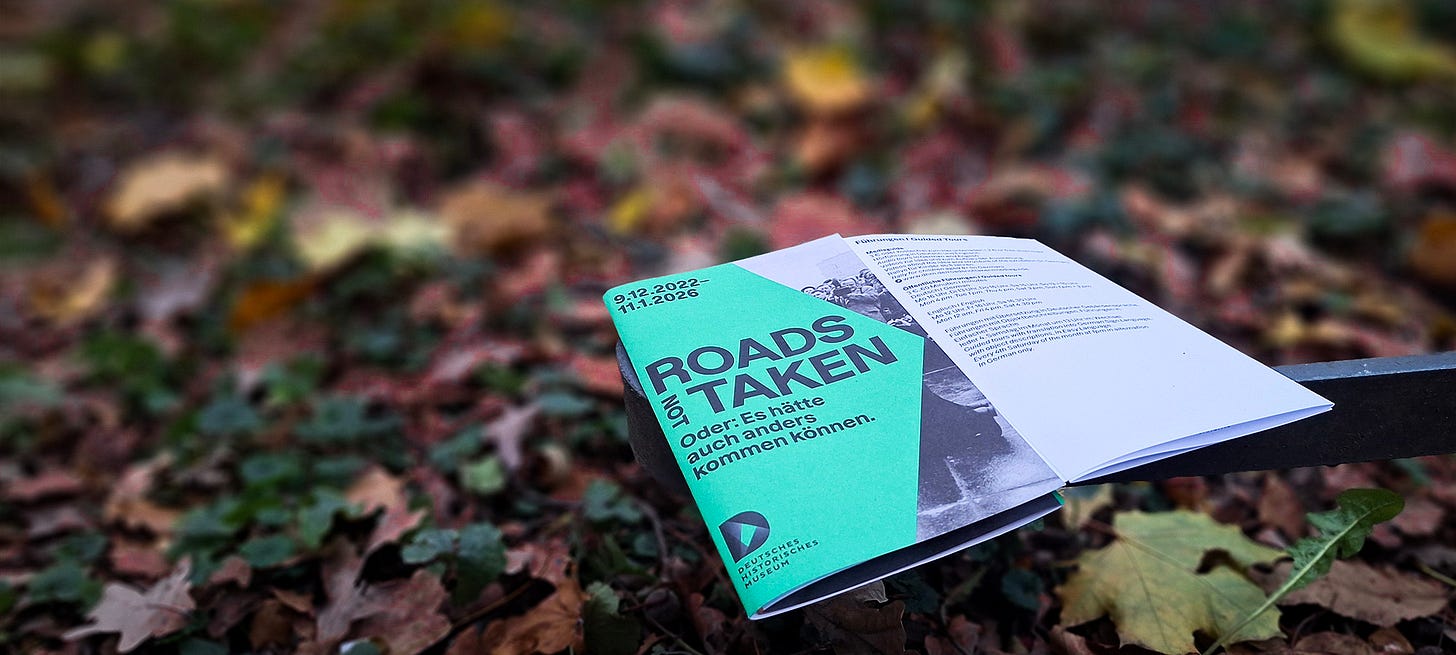I got into an argument with a guy about Amsterdam’s Red Light District once.
My argument: It’s bad.
His argument: Sex work there is legal and regulated, workers periodically get tested for STDs, and everyone uses protection, so…good.
But laws and regulations don’t make a thing good. Things that are legal and regulated are often quite bad. See: slavery and war, for example.
My further argument: even if one could make the case for legalized sex work, inclusive of the dignity and rights of sex workers, one can’t make the case that its existence is a high good. Legalized prostitution is, at most, at the bottom of a vertical of things that are so much better. Get on the elevator.
This conversation came to mind when someone commented on a Substack note in which I shared a quote from
’s essay about the failures of the sexual revolution in .Perry’s remark, “Consent is not enough,” triggered the response:
I think you might want to reflect on what you mean when you say this. Are you saying that there are some activities that “consenting adults” shouldn’t be allowed to consent to? Who decides?
To which I say: That’s not the point. What Perry is getting at (in my understanding)1 is that consent, in sexual relations, is the bare minimum. It’s a starting point, not the high good that sex education and corporate anti-sexual harassment training have made it out to be.
Do whatever you want as long as everyone involved is cool with it is not a sustainable social framework.
Despite that, this sort of reductionist thinking, this lowering of the proverbial bar to the ground, seems to permeate these days. We’ve reduced high, complex, flourishing goods to a cohesion of commonalities among lowest denominators. We’re content to vote for the lesser of two evils. We excuse less than moral behavior with a shrug of “well, he wasn’t found guilty.” Sexual mores are now whatever you want them to be as long as there’s the glorious virtue of consent. And don’t you dare judge! Judging is bad.2
We’ve been so pulverized by debauchery disguised as entertainment, perversity broadcast under the aegis of academia, and bad behavior tucked behind the veneer of legality that we’re now content to accept base goods as the highest examples in the category. Let someone post a young man helping an old lady across the street on TikTok and people will lose their secular-materialist minds and cry about how there’s still good in the world.
I’ve noticed this trend, this outsize appreciation of banal goods, in my interaction with art as well. There’ve been many eagerly looked forward to films and TV series over the past few years which turned out bad, terrible, and horrible that I often feel a sense of gratitude for works of art that are just okay. Lately, my assessments of movies edge along the lines of: It wasn’t spectacular, but it wasn’t the worst thing ever either, so…net positive? It could have been worse. Friends of mine have expressed similar weary critiques.
highlights an example of this shift in a recent post where he discusses Keira Knightley’s account of filming her “best” sex scene—best in the sense of how the scene turned out and best in the sense of her experience filming it.Me and James [McAvoy] felt utterly comfortable and not exposed and, like, we could deal with it. It’s never gonna be fun, but we could deal with it.
Cap points out how bizarre it is to describe the best in a range of experiences with this kind of language. Joke’s on him. This is totally how I describe my favorite experiences: “never fun” and “just dealing with it.”
I’ll admit that it’s exhausting hoping for, desiring, and aiming for high goods and repeatedly letting myself down or being let down. This condition invites one to lower their standards, to accept the bare minimum rather than to have nothing at all. We should always, of course, celebrate good wherever we find it. As C.S. Lewis intimates in The Four Loves, the higher goods are not conceptually possible without the lower ones (and vice versa). But we must refuse to allow the mere existence of lower goods to be an excuse for not pursuing or demanding the higher ones.
There’s a kindergartenish maxim attributed to Saint Jerome that goes like this:
Good, better, best. Never let it rest. ‘Til your good is better and your better is best.
We must reclaim a hierarchy among goods. Following lines drawn by Aristotle and perfected by Aquinas, all goods must be traced upward to an eternal, transcendent, and divine telos. For example, all forms of love are valuable, necessary, and good—appreciative love, familial love, friendship, sexual love, and romantic love. But the highest love is charity or agape (the love demonstrated by God). And the highest form of all our other loves is achieved in their attunement to God’s love—the flourishing, overpowering love-feast—the highest of goods in the vertical of love. We’ve arrived at the top of the elevator.
The pursuit of high morality and virtue (inclusive of the pursuit of perfection in our work and art) is wrapped up in the principle that a “thing’s intrinsic final end is to do its own act well.” We are not mere humans, but humans seeking to overcome our mereness by conscious application—by moving from what’s good to what’s better and by deliberate pursuit of what’s best.
asides + signal boosts
📖 Reading
The Short Story of Art, by Susie Hodge
My friend
’s “Insights from Literature into Human-Arboreal Relations,” currently with two parts:and a gnarly collection of short stories by Eliza Clark
🎞️ Watching
On New Year’s Day, my siblings and I rewatched Kingdom of Heaven, something we’ve talked about doing for months. (Can’t remember why exactly.) I remember two things from watching it for the first time probably more than fifteen years ago: (1) The visual focus on blood spraying from open wounds, spilling from swordpoints, slithering through sand; (2) This exchange which has lived rent-free in my head: “Is it true that in Jerusalem I can erase my sins?” “Let’s find out together.” Iconic.
I finished watching The Penguin, a very good series telling the brutal story of one of Batman’s archvillains. It’s so good. I’ve got a piece coming out in Lorehaven soon on the moral challenge of cheering for someone like Oswald Cobblepot. Will share when it’s out!
Back on the movie front, I started a Letterboxd account to keep track of and casually rate all the films I watch! It seems like a great place to do that, and it’s used by two people whose thoughts on movies I greatly admire—
and Hannah Long. Anyone else use Letterboxd?Also, for your consideration: I haven’t seen Roger Eggers’ Nosferatu, but
’s thoughts about it on a recent Reason Roundtable episode make me keen to check it out.[Nosferatu is] about the pre-modern world. The world before candlelight. A world haunted by spirits. A world of evil. It is explicitly about capturing and portraying that pre-modern, spirit-haunted sensibility from within and not judging it from a modern worldview.
[It’s] a backlash to how a lot of recent pop culture has portrayed the past by casting judgment on it and saying, ‘Those people [hundreds of] years ago didn’t live up to our modern sensibilities.’ And Eggers is trying to say that art should be about something else. Art should be about portraying the past on its own terms, and letting you see what it was actually like, and how people understood the world at that time rather than simply sitting here in the modern world and saying, ‘Ah, those people weren’t very good. They didn’t understand. They were so backwards.’
It’s just fascinating and gorgeous and I strongly recommend it.
Well, I’m strongly inclined to see it eventually.
🎧 Listening
Notes from the Tilt-a-Whirl on audiobook this time.
The Lord of the Rings, also on audiobook.
I’m exploring RAYE’s oeuvre and especially liking her EP Genesis.
🔎 Exploring
narrativity, Charles Taylor, Virginia Woolf, metanarratives, etc.
You can listen to Perry expounding her views at length in this interview about her book, The Case Against the Sexual Revolution, and this interview on re-enchanting sex, marriage and relationships.
We listen and we don’t judge? Not me. I’m judging.







Always grateful for the interaction. Thanks, Daniel!